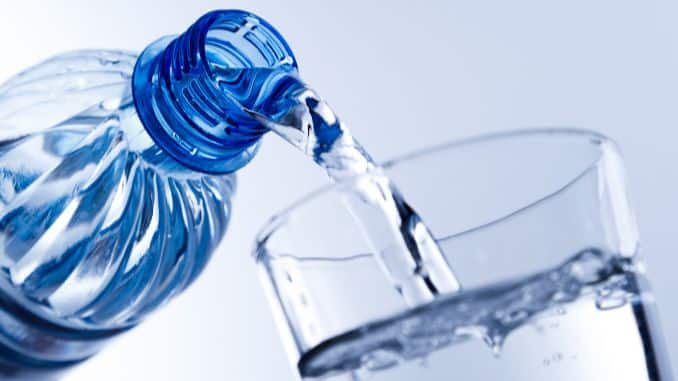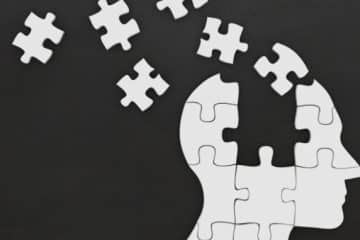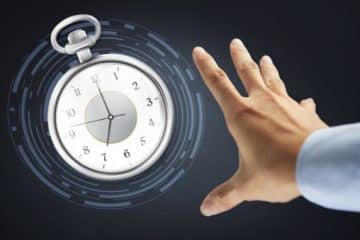Let me tell you a secret: hydration is one of the simplest yet most overlooked ways to improve your energy, health, and even performance. Whether you're hitting the gym, running a marathon, or just trying to stay active, hydration tips for athletes are crucial to keeping your body in top form.
As someone who’s learned this the hard way, I’m here to share why staying hydrated matters, how to spot dehydration, and tips to ensure you’re getting enough fluids.
Drinking enough water is essential for maintaining good hydration [1], and it’s recommended to drink at least 8-10 cups (64-80 ounces) of water per day.
Why Hydration Is Important
Hydration is essential for human health, and drinking enough water is crucial for maintaining proper bodily functions. Water makes up approximately 60% of an adult’s body weight and is necessary for regulating body temperature, transporting nutrients and oxygen to cells, and removing waste products.
Even mild dehydration can cause fatigue, headaches, and difficulty concentrating, while severe dehydration can lead to serious health complications. Drinking enough water is essential for maintaining good hydration, and it’s recommended to drink at least 8-10 cups (64-80 ounces) of water per day.
Benefits Of Drinking Water
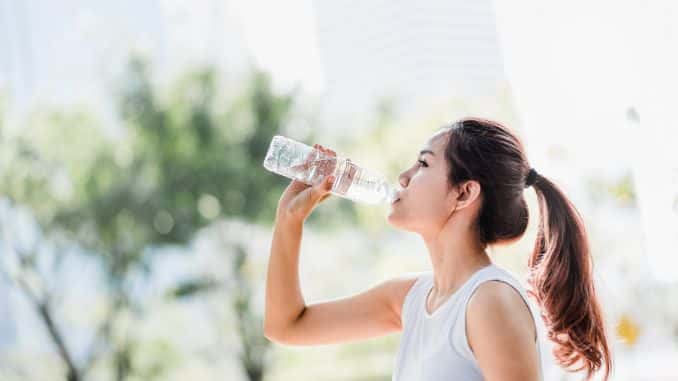
Drinking water has numerous benefits for overall health and well-being. Some of the benefits of drinking water [2] include:
- Boosting energy levels and mental performance
- Supporting weight loss and weight management
- Flushing out toxins and waste products from the body
- Improving skin health and reducing the appearance of wrinkles
- Supporting kidney function and reducing the risk of kidney stones
- Reducing the risk of certain diseases, such as urinary tract infections and some types of cancer
How Much Water Should I Drink When I Exercise?
When I first started exercising seriously, I had no clue how much water my body actually needed.
Dr. Stacy Sims, a hydration expert, says, “Hydration isn’t just about water—it’s about electrolytes too.”
According to her, how much water you need depends on your workout intensity and duration and conditions like heat or humidity.
Here’s a quick guideline:
- Before exercise: Drink 500-600 ml (about 17-20 ounces) 2-3 hours ahead.
- During exercise: Sip 200-300 ml (7-10 ounces) every 10-20 minutes.
- After exercise: Replace fluids lost by weighing yourself pre- and post-workout—aim to drink 1.5 times the weight you’ve lost in ounces.
For athletes, hydration is about more than just drinking water—it’s about finding the right balance. Adding a pinch of salt to your water or choosing sports drinks with electrolytes can be a game-changer, especially during intense workouts.
But don’t confuse hydration drinks with energy drinks. While hydration drinks help replace lost electrolytes, energy drinks are often loaded with caffeine and sugar, making them less effective for staying hydrated. If you do opt for energy drinks, moderation is important, particularly for kids and teens.
Signs You Are Dehydrated
I used to think thirst was the only sign of dehydration. I was wrong. Dr. Lawrence E. Armstrong, a hydration researcher, explains that “by the time you’re thirsty, you’re already mildly dehydrated.”
Here’s what to watch for:
- Early signs: Dry mouth, dark yellow urine, fatigue, and headaches.
- Severe signs: Dizziness, rapid heartbeat, confusion, and a drastic decrease in urination.
Even slight dehydration can impact your focus, mood, and performance. Make sure to drink enough fluid to avoid these issues. Pay attention to these signals before they escalate.
What Happens When You’re Slightly Dehydrated?
Let me paint a picture: you’re at work or working out, feeling a little sluggish and irritable. You shrug it off, but it could be dehydration.
For athletes especially, hydration tips can make all the difference in staying sharp and performing at your best. Dr. Sims warns that even being 1-2% dehydrated can affect cognitive function and physical performance.
Here’s what happens:
- Your blood thickens, making your heart work harder.
- You lose focus and reaction time.
- Your energy dips, and you may feel tired or lightheaded.
The scary part? These effects can sneak up on you before you realize it. Maintaining adequate water intake throughout the day can make a world of difference.
What Does Severe Dehydration Do to You?
Dehydration is more than just an inconvenience—it can be dangerous. According to the Mayo Clinic, severe dehydration can lead to complications like:
- Heat-related illnesses (heat exhaustion or heat stroke).
- Kidney problems, including urinary tract infections.
- Low blood pressure and shock.
When your body doesn’t get enough water, every system—from your brain to your muscles—suffers. Additionally, consuming sugar-sweetened beverages can negatively impact hydration and overall health.
These drinks contribute to higher energy intake and are linked to increased risks of obesity and related diseases. This is why proactive hydration is so important.
Drinking Fluids Beyond Water
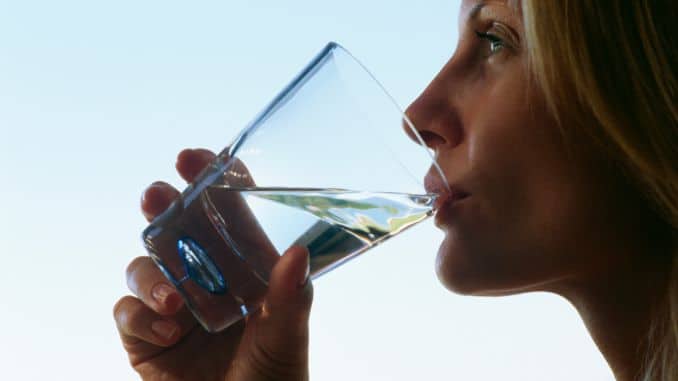
While water is the best beverage for hydration, hydration tips for athletes often emphasize that other fluids can also contribute to daily fluid intake.
Some examples of hydrating fluids beyond water include:
- Sports drinks: These are designed for athletes and individuals who engage in high-intensity activities for extended periods. They contain electrolytes and carbohydrates to help replenish lost fluids and energy.
- Coconut water: This is a natural source of electrolytes and can be a good alternative to sports drinks.
- Herbal tea: Many herbal teas are hydrating and can provide additional health benefits, such as antioxidant properties.
- Low-sugar juice: Juice can be a good source of hydration, but it’s essential to choose low-sugar options to avoid consuming excessive sugar.
Factors That Influence Hydration Needs
Several factors can influence an individual’s hydration needs, including:
- Age: Older adults may need more water due to decreased thirst sensation and changes in body composition.
- Sex: Pregnant and breastfeeding women may need more water due to increased fluid needs.
- Weight: Due to their larger size, individuals with a higher body mass index (BMI) may need more water.
- Activity level: Athletes and individuals who engage in high-intensity activities may need more water to replenish lost fluids.
- Climate: Hot weather can increase fluid needs due to increased sweating.
Tips For Staying Hydrated: How Much Fluid Intake Do We Need?
According to the U.S. National Academies of Sciences, the general recommendation is about 3.7 liters (125 ounces) for men and 2.7 liters (91 ounces) for women daily. However, factors like climate, physical activity, and diet can increase one's needs.
Here are some tips:
- Monitor urine color: Pale yellow means you’re well-hydrated.
- Balance electrolytes: Incorporate drinks with sodium, potassium, and magnesium if you’re sweating a lot.
- Hydrate with food: Fruits like watermelon and cucumbers are water-rich.
- Adjust for environment: Drink more in hot or dry climates.
10 Tips For Staying Hydrated
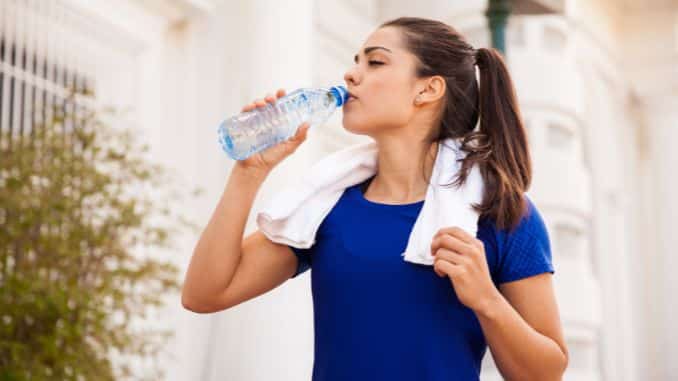
- Start your day with a glass of water.
- Carry a reusable water bottle everywhere.
- Use apps or alarms to remind you to drink.
- Flavor your water with natural ingredients like lemon or mint.
- Eat hydrating foods.
- Limit caffeine and alcohol.
- Sip, don’t chug.
- Prehydrate before workouts.
- Drink during and after exercise.
- Pay attention to signs of dehydration.
Hydration Tips For Athletes
Athletes, listen up: Your hydration strategy can make or break your performance. Hydration tips for athletes from Dr. Sims emphasize the importance of pre-and post-hydration strategies. To boost hydration without bloating, she suggests sipping a low-sodium electrolyte drink 90 minutes before intense activity.
Sweat rates vary during long workouts, so tailor your intake. Afterward, aim for recovery drinks that include both water and electrolytes.
Hydration And Chronic Diseases
Drinking enough water is essential for maintaining good hydration, which can help reduce the risk of certain chronic diseases [3].
Some examples of chronic diseases that may be influenced by hydration include:
- Urinary tract infections: Drinking enough water can help flush out bacteria and reduce the risk of UTIs.
- Kidney stones: Drinking enough water can help dilute the concentration of minerals in the urinary tract and reduce the risk of kidney stones.
- Heart disease: Drinking enough water can help maintain blood pressure and reduce the risk of heart disease.
- Diabetes: Drinking enough water can help regulate blood sugar levels and reduce the risk of complications.
It’s important to note that while hydration is important for overall health, it is not a cure-all for chronic diseases. A balanced diet and regular exercise are also crucial for maintaining good health.
Conclusion
Hydration is more than a daily checklist—it’s a lifeline. For athletes, understanding hydration tips is essential to staying hydrated, as it’s one of the easiest ways to feel and perform at your best, enhancing your performance and protecting your health.
Start small: carry a water bottle, add a slice of lemon, and make hydration part of your daily routine. Trust me, your body will thank you.
For your guide to the best foods to heal your body, check out The Best Foods that Rapidly Slim & Heal in 7 Days, here!
FAQ’s
Why is it important to be hydrated during exercise?
Hydration helps maintain blood volume, regulates body temperature, and supports muscle function during exercise. It prevents dehydration-related fatigue, cramps, and performance decline.
Why is hydration important for healing?
Water supports cellular repair, nutrient transport, and waste elimination, which are essential for recovery and healing from injuries or illness.
What is the best hydration for the body?
Water is the best option for most people. For prolonged or intense exercise, electrolyte-rich drinks can replenish lost minerals like sodium and potassium.
Why shouldn't we drink water immediately after exercise?
Drinking large amounts of water too quickly can dilute electrolytes, causing imbalances. Sip slowly to rehydrate effectively.
Why is water so good after a workout?
Water restores lost fluids, supports muscle recovery, and helps regulate body temperature after exercise.
Why is too much water in the body not good?
Excessive water intake can lead to hyponatremia, where sodium levels in the blood drop dangerously low, causing symptoms like nausea, confusion, and in severe cases, life-threatening complications. Moderation is key.

